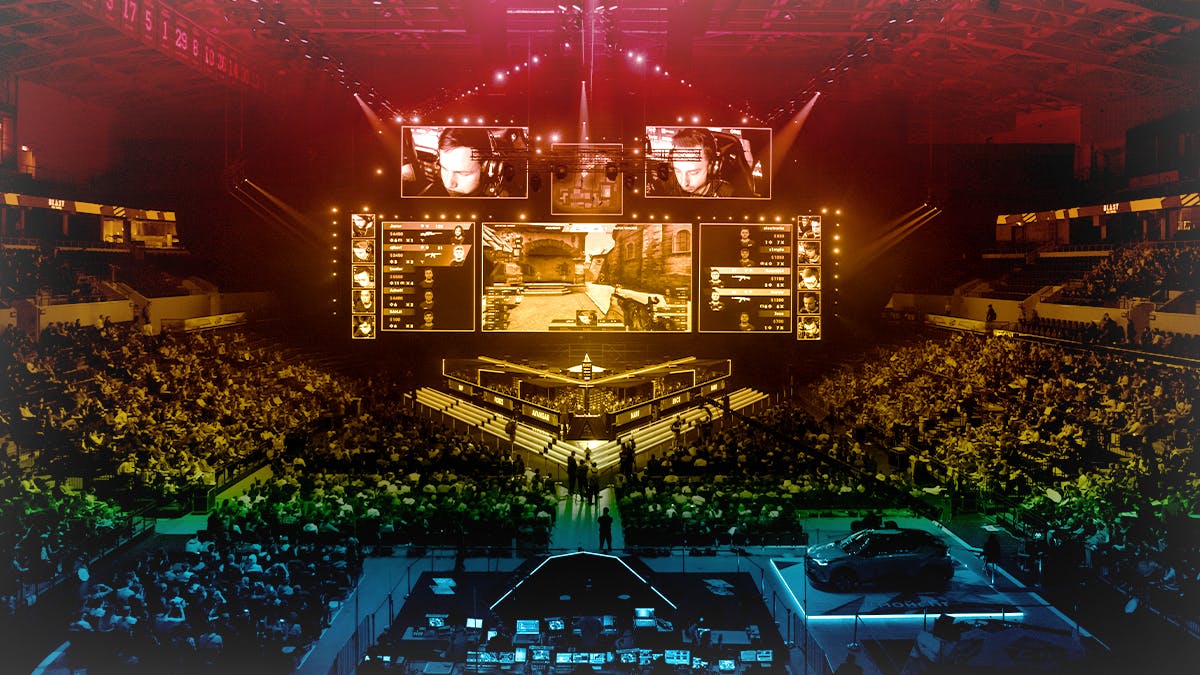1,033 reads
How Smart Contracts Can Revolutionize eSports and Massive Multiplayer Online Games
by
November 1st, 2019
Audio Presented by
Built on three core blockchain pillars: Security, Scalability, and Interoperability.
About Author
Built on three core blockchain pillars: Security, Scalability, and Interoperability.
